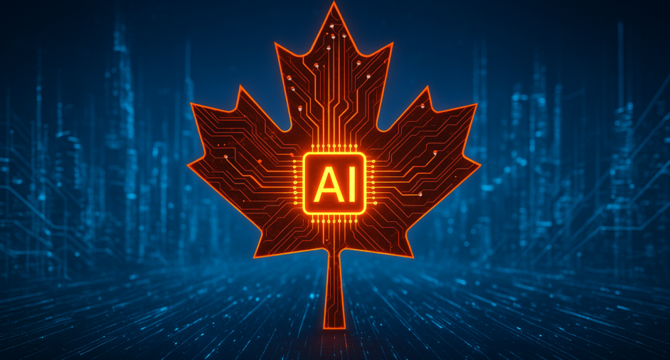Unite
1M
175

Image Credit: Unite
Canada Must Become the New Leader in AI: The Road to 2029
- Canada has a strong foundation in artificial intelligence, with notable pioneers like Geoffrey Hinton, Ilya Sutskever, and Joelle Pineau originating from Canadian labs and universities.
- The year 2029 is predicted to be significant for AI, potentially bringing about Artificial General Intelligence (AGI) that could revolutionize various sectors.
- Canada's AI legacy traces back to the 1980s and has led to advancements in deep learning and reinforcement learning, positioning the country on the global AI map.
- Toronto, Montreal, Edmonton, and Waterloo are recognized as AI hubs in Canada, fostering innovation and collaboration between academia and industry.
- However, Canada faces challenges in AI investment, with the United States and China leading in venture capital funding for AI startups.
- The lack of sufficient VC funding in Canada poses risks of promising AI startups being acquired by foreign entities, leading to brain drain and weakened domestic AI industry.
- To maintain global AI leadership, Canada is urged to increase investment in domestic AI ventures, retain top talent, and deploy AI solutions in public services.
- Implementing AI in healthcare and education could revolutionize patient care, education delivery, and public services, making Canada a pioneer in ethical and inclusive AI adoption.
- By 2029, Canada's decisions on AI policy and investment will be crucial in determining its role as a global AI leader and influencer in shaping the technology's future.
- Political parties are advised to prioritize clear AI strategies, including substantial investments in Canadian AI startups, to secure Canada's position in the evolving AI landscape.
- Embracing AI with vision and courage can lead Canada to a future where technology enhances prosperity, health, and education for all citizens, setting a precedent for global AI innovation.
Read Full Article
10 Likes
For uninterrupted reading, download the app